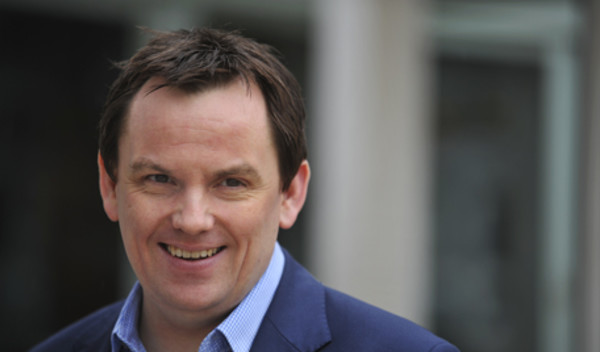

Active fund management is “over priced and over supplied and under delivers” and fees could fall by 33 per cent within five years, according to Nucleus boss David Ferguson.
Speaking at a virtual event hosted by consultancy firm the Lang Cat, Mr Ferguson said: “I think a revenue margin squeeze is coming for asset management firms in the years ahead. Right now, the cost of retail fund ownership is probably four times higher than owning an institutional fund, and that’s not right.
"It should certainly be more expensive to own a retail fund because the economies of scale are not there, compared with an institutional fund, but the gap should not be that big.
"On the Nucleus platform, the total cost of ownership to the end client for everything is about 180 basis points, I would expect that in five years that will be more like 120 basis points.”
Outlining the reasons he believes that active fund management is poor value he said: “If a client is like me, 50 years old, and they go to a financial adviser, a plan is drawn up based on their precise circumstances, and that is great work that wealth planners do. But the problem is, retail funds are not set up that way, they are not set up to be aligned with the clients needs.”
His comments come in the context of Nucleus launching a model portfolio service, Nucleus IMX.
In the company’s most recent results statement, released on September 8, Mr Ferguson said of IMX: “IMX is rooted in a belief we can help customers achieve greater value for money and is therefore a natural extension to our strategy to create value through greater alignment of advisers and their customers.”
That result statement showed Nucleus had 1,428 advisers at the end of June 2020, a 3 per cent increase on the previous period. Total assets under management were £15.8bn, also an increase of 3 per cent.
Nucleus had surplus cash of £18.7m, but Mr Feruson doesn’t envisage deploying this to be part of the consolidation of the platform market.
He said: “I am sure there will be more consolidation, but if you look at those deals which have happened already, it has been a case of distressed shareholders selling up. I haven’t seen anyone buy a successful platform. I certainly want Nucleus to be bigger in the years ahead, but you have to have the foundations right to do that. Pushing two platforms together is a very big and tricky job.”
Bringing together his themes of fund management fees and platforms, Mr Ferguson said: “Some providers seem to operate on the basis that the fund management fees they receive from that business which they own will subsidise the loss-making platform they own.
"Where that is happening, the adviser needs to have line of sight of what is going on, and the platform won’t be able to rely on those asset management fees in future.”
David Scott, an adviser at Andrews Gwynne in Leeds said: “I think it is certainly the case there are too many funds for the size of the market. The size of the market has been altered by the rise of passive funds, but that has also put pressure on active fund management fees.
"I think the trend we have seen in the past four or five years of the good fund managers leaving the big firms and launching their own boutiques will continue, as they can operate in a way where they don’t have to chase flows at the time in the cycle, and performance is better then.”
david.thorpe@ft.com




